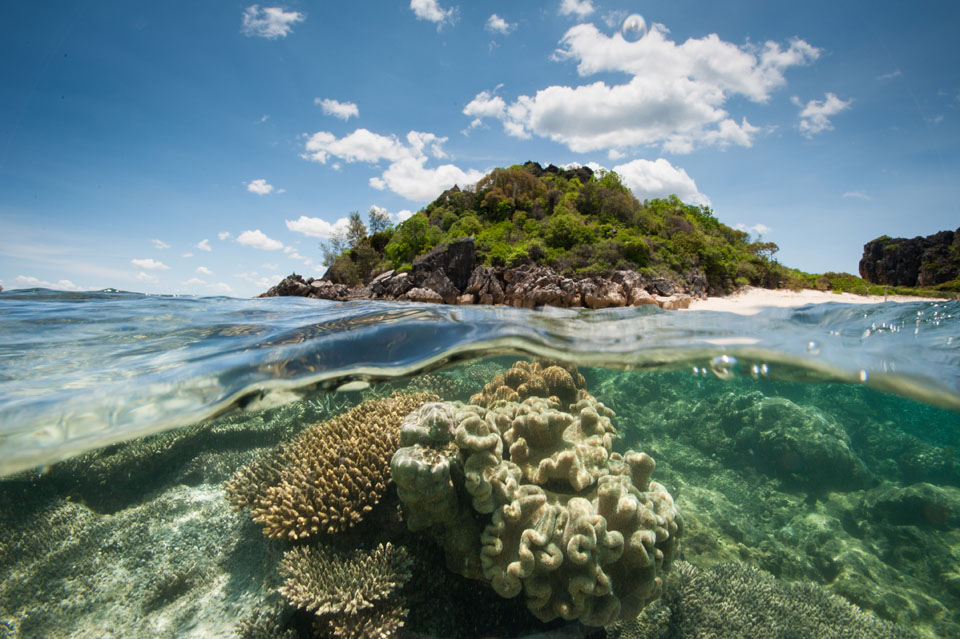mchec.org – Mozambique, with its extensive coastline of approximately 2,700 kilometers, boasts a remarkable array of marine ecosystems that are both pristine and highly diverse. The coastal waters of Mozambique are home to a variety of habitats, including mangroves, estuaries, seagrass beds, coral reefs, sandy and rocky beaches, sand dunes, and bays. This rich biodiversity is not only ecologically significant but also plays a crucial role in supporting local communities and economies.
Diverse Marine Ecosystems
The Mozambican coastline is characterized by a wide diversity of habitats, each contributing to the overall biodiversity of the region. These habitats include:
- Mangroves: These coastal forests are vital for protecting shorelines from erosion and providing nursery grounds for many marine species.
- Estuaries: These areas where rivers meet the sea are rich in nutrients and support a high diversity of fish and invertebrates.
- Seagrass Beds: These underwater meadows are essential for the survival of many marine species, including sea turtles and dugongs.
- Coral Reefs: The coral reefs of Mozambique are some of the most extensive and diverse in the world, supporting a vast array of marine life.
- Sandy and Rocky Beaches: These areas provide habitats for a variety of species, including sea birds and marine mammals.
Importance of Biodiversity
The biodiversity of Mozambique’s coastal waters is not only a natural wonder but also a critical resource for the country. The marine ecosystems provide essential services such as:
- Fisheries: The rich marine life supports a significant fishing industry, which is a vital source of income and food for many coastal communities.
- Tourism: The unique and diverse marine life attracts tourists, contributing to the local economy.
- Coastal Protection: Mangroves and coral reefs act as natural barriers, protecting the coastline from erosion and storm surges.
Conservation Efforts
Recognizing the importance of its marine biodiversity, Mozambique has implemented various conservation measures. These include the establishment of marine protected areas and the implementation of sustainable fishing practices. However, the region still faces challenges such as overfishing, pollution, and the impacts of climate change, which threaten the delicate balance of these ecosystems.
Future Outlook
The future of Mozambique’s coastal waters depends on continued conservation efforts and sustainable management practices. By protecting these ecosystems, Mozambique can ensure the long-term health of its marine environment and the well-being of its coastal communities.
In conclusion, the coastal waters of Mozambique are a treasure trove of biodiversity, supporting a wide range of marine life and providing essential services to the local population. It is crucial to continue efforts to protect and conserve these valuable ecosystems for future generations.

